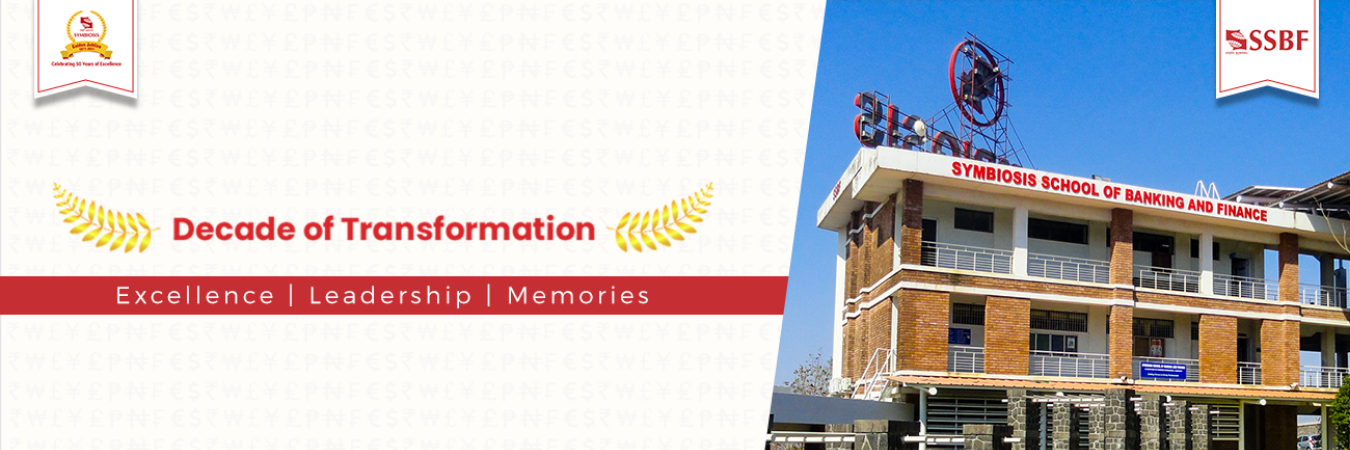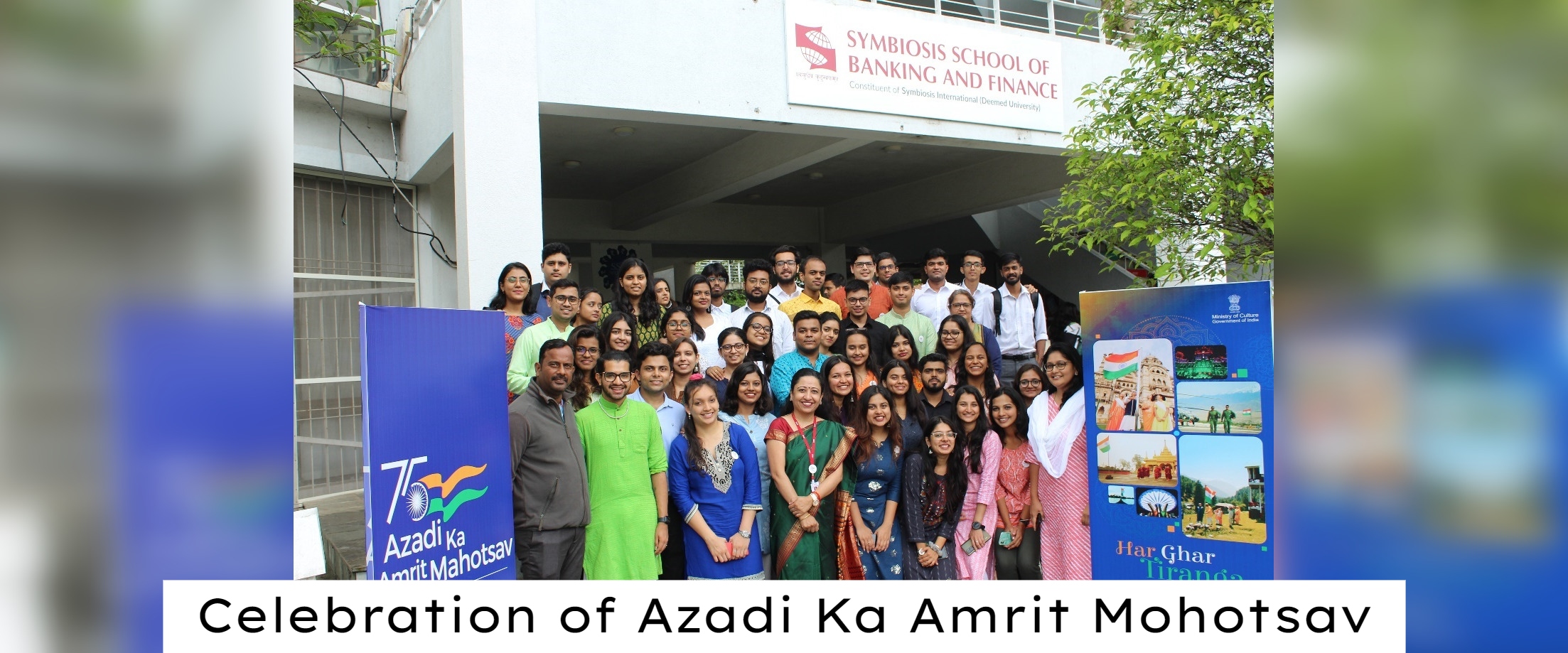Sweden is the most cashless society on the planet, with bank notes and coins accounting for just 1.7% of its GDP (The average in major economics is about 9 %.). China’s city dwellers are rapidly going cashless, thanks to a system that users encrypted codes on phones for transactions. In India, 255 million people use PATYM, a seven year old startup backed by china’s Alibaba group holding ltd…, to make payments through a virtual wallet. India was rattled by government’s decision in November 2016 to suddenly replace large bills that made up 86% of the currency in circulation to counter tax dodgers and counterfeiters.
A shortage of replacement bills meant that contains struggled to pay salaries and millions of poor people couldn’t buy food. The government retreated in June 2017 after the fiasco cut into economic growth. In Australia, Citibank stopped accepting cash at its branches after most of its customers embraced digital transactions. And the European Union central bank decided to stop producing the 500-euro note in 2018 to counter terrorist financing.
For governments, getting rid of cash would make it easier to crack down on tax evasion and drug trafficking. Business wouldn’t only save money on transaction costs but also could benefit if friction-free payments led consumers to buy more. Some economists say the without cash, central banks could fight recessions more effectively by imposing negative interest rates – effectively a tax on savings meant to sur spending- if hoarding cash went available as a way to sidestep the penalty. Critics say that in a digital-only economy, governments and banks could take control of your financial life; with a flick of a switch, they could leave you without a penny. Networks can fail. And everybody could be vulnerable to cyberattack or power outage.
For the world’s poor, arguments about going cashless cut both ways. Billions of poor people in the developing world depend on cash to buy goods for every small amounts, often mere cents. Not all of them can afford phones or other means of interacting with a digital cash network. That could create a second class citizenry of people who don’t have equal access to banking services. On the other hand, services such as PAYTM in India and mobile phone networks such a Kenya’s M-PESA have let people in remote villages try out newer services like microbusiness loans.
Rakhee Shukla






